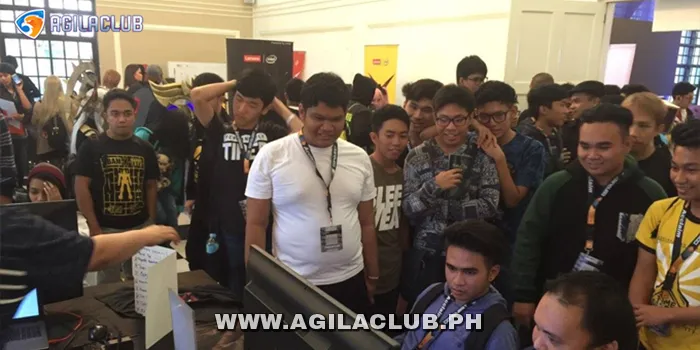
The COVID-19 pandemic flipped many industries upside down—including gambling. In the Philippines, land-based casinos were among the hardest hit. Yet out of this disruption rose a powerful shift: the rapid expansion of online gambling. From changes in player behavior to government policies, this article explores how COVID-19 reshaped gambling in the Philippines, especially online.
Shutdowns in the PH Casino Industry During the Pandemic

When lockdowns hit in 2020, Philippine casinos were forced to close overnight. Entertainment City in Manila, once bustling with tourists and high-rollers, became eerily quiet. The Philippine Amusement and Gaming Corporation (PAGCOR) reported a significant revenue decline in its 2020 financials.
Key impacts of the shutdown:
- Thousands of casino employees were furloughed or laid off
- VIP and tourist-heavy gaming operations halted
- Casino operators scrambled for digital alternatives
These shutdowns in the PH casino industry during the pandemic exposed a critical need: adaptability through digital platforms.
Rise of Evolving Online Gambling Trends During COVID-19

With physical casinos closed, many Filipino players turned to online platforms. This sudden migration created new opportunities for local and international operators to thrive.
Evolving online gambling trends COVID-19 brought include:
- A surge in mobile-first gaming experiences
- Increased interest in live dealer games
- More payment options like GCash and PayMaya
- Stronger demand for immersive, social-style gaming
To understand the broader impact, this article on how the pandemic affected online gambling habits explains how player behavior adapted during the height of restrictions.
Brands like AgilaClub saw this as a chance to redefine player engagement by focusing on interactive interfaces, secure transactions, and 24/7 accessibility.
Government Response and Regulatory Changes

To support the struggling gambling sector, PAGCOR introduced the PIGO (Philippine Inland Gaming Operator) license in 2020. This allowed existing operators to legally offer online casino games to local residents.
What this shift enabled:
- Legitimate online platforms like AgilaClub to operate under Philippine law
- Tax revenue recovery for the government
- Better consumer protection through regulation
The online gaming boom was no longer a trend—it became part of the country’s new gambling ecosystem.
Player Behavior Shifted Permanently
COVID-19 didn’t just change where Filipinos played—it changed how they played. Players started seeking convenience, variety, and community. These preferences continue to shape today’s platforms.
Post-pandemic player priorities:
- Fast-loading mobile games
- Games with live social interaction
- Transparent bonuses and loyalty programs
To meet these changing expectations, platforms like AgilaClub leveraged user-centered design to enhance the overall experience.
What’s Next for Online Casinos in the Philippines?
As we move into a more digital future, the question isn’t whether online gambling will stay—it’s how it will evolve.
Predicted trends:
- Stronger AI integration for personalized gaming
- Hybrid platforms blending land-based and online play
- Greater emphasis on responsible gaming tools
Player safety and well-being will also remain a key focus. Learn more about how gambling therapy plays a role in healing and recovery for individuals affected during the pandemic's online shift.
Operators who adapt quickly, like AgilaClub, are poised to lead this shift while continuing to meet Filipino players’ changing demands.
Final Thoughts
The pandemic was a turning point for gambling in the Philippines. From forced closures to digital innovation, it reshaped the industry in ways no one expected. How COVID-19 reshaped gambling in the Philippines continues to be a story of resilience and reinvention.
As online platforms grow and players adapt, the country’s gaming future is being written—screen by screen, game by game.




